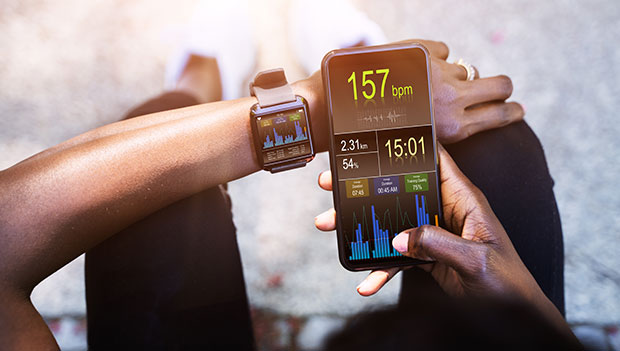
Ready to turn over a new leaf? Start drinking more water? Be more consistent in your daily runs? Improve the state of your mental wellness? No matter your personal health goals, there are apps that can help keep you on track. In fact, the best health apps can be game changers in how they enable you to set goals, monitor progress, and hold yourself accountable.
Which health or fitness app should you download? It all depends on what you're hoping to achieve. Browse the best health apps by category, as selected by the ACTIVE Reviews Team.
Why Trust Us?
ACTIVE.com's editorial team relies on the knowledge and experience of fitness and wellness experts including competitive athletes, coaches, physical therapists, nutritionists, and certified trainers. This helps us ensure the products we feature are of the highest standard. Collectively, the team has spent countless hours researching equipment, gear, and recovery tools in order to create the most accurate, authentic content for our readers. Customer satisfaction is also a key part of our review process, which is why we only feature products that are highly rated.
The Best Health Apps - Our Top Picks
By clicking on the product links in this article, we may receive a commission fee at no cost to you, the reader. Sponsorships and affiliate commissions help support our research so we can help you find the best products. Read the full affiliate disclosure here.
- Best Overall Health App: BetterMe
- Best Mental Health App: Talkspace
- Best Health App for iPhone: Apple Health
- Best Health App for Brain Health: Headspace
- Best Health App for Hydration: MyFitnessPal
- Best Health App for Workouts: Fitbit
- Best Health App for Nutrition: Noom
- Best Health App for Walking: Map My Walk
- Best Health App for Running: Runkeeper
Best Overall Health App - BetterMe
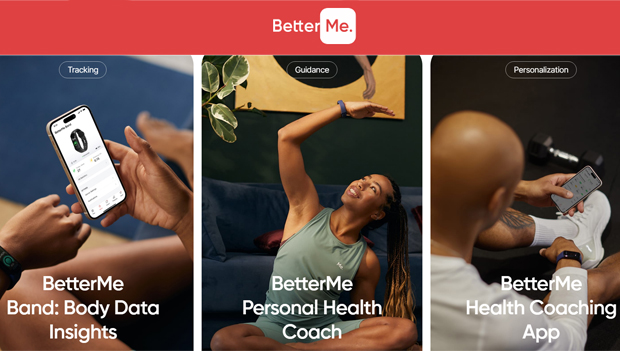
What we most love about BetterMe is that it isn't focused on achieving an idealized body type, or even on helping you lose weight. Instead, its emphasis is holistic health and wellness, including a sense of happiness and contentment within. It accomplishes this by helping you to create a sustainable and totally individualized lifestyle, complete with coaches who can help you improve physical vigor as well as mental clarity. This is the app you want for finding peace in your life, and for developing a healthy personal lifestyle that you can actually maintain over time.
What We Like
- Highly individualized
- Dual emphasis on physical and mental health
- Access to incredible coaches
What We Don't Like
- Higher price point
- Not as good for those who simply want to make progress toward a specific fitness goal
Best Mental Health App - Talkspace
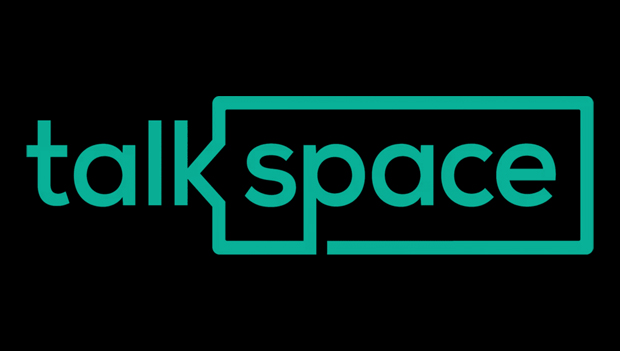
The health apps vertical tends to be pretty focused on weight loss and exercise assistants. Talkspace is something different, and much needed: An app that lets you connect with mental health resources, including counselors and therapists who can help walk you through issues related to anxiety, stress, and more. Following a brief personal assessment, Talkspace will connect you with a counselor who can provide the mental health support that you need. What's more, you can often have your sessions paid for via insurance.
What We Like
- Highly individualized
- Connects you with real, qualified therapists
- Excellent for those who need mental health support
- Seamlessly switch providers as needed
- Have sessions via video chat
What We Don't Like
- Can be expensive, especially if your insurance doesn't kick in
- Can take a few days to get started
- Not recommended for those who prefer data/metrics-driven apps
Best Health App for iPhone - Apple Health
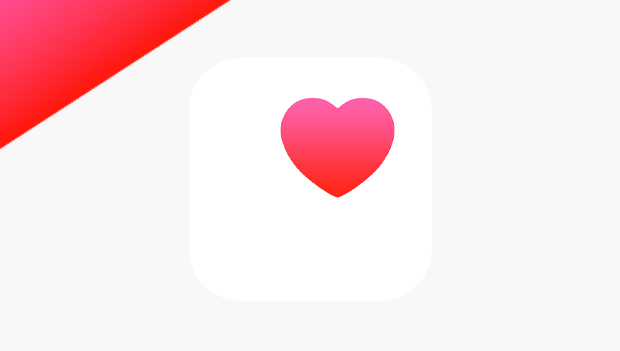
Looking for a health app that works seamlessly within the iOS ecosystem? Apple Health is the obvious choice, offering you a secure, centralized place to store your personal health and wellness metrics. Track your medications, monitor your sleep cycle, keep tabs on your vital signs, and easily share information with health providers. There's a ton that you can do within this app, making it one of the very best options for tailored and evidence-based fitness.
What We Like
- Seamlessly integrates with your entire iOS lineup
- Secure, centralized hub for a wealth of personal health metrics
- Share information with providers, at your discretion
What We Don't Like
- Best-suited for those who have an Apple Watch, among other iOS products
- No live coaches/counselors
Best Health App for Brain Health - Headspace

Health apps can help you keep your body in shape, but what about your brain? Enter Headspace, our top pick for promoting cognitive health. This app is all about keeping your mind sharp, not only through meditation but also through improvements to your sleep cycle. You'll also find courses to help you improve self-esteem, constructively deal with anxiety, and more. After a few weeks of use, you may experience improved mental clarity as well as inner happiness.
What We Like
- Free trial available
- Wide range of courses and programs to choose from
- Holistic approach to mental and emotional health
- Price point is pretty reasonable
What We Don't Like
- Less evidence-based than other apps
- Will take some time to figure out how to align the app with your personal goals
Best Health App for Hydration - MyFitnessPal
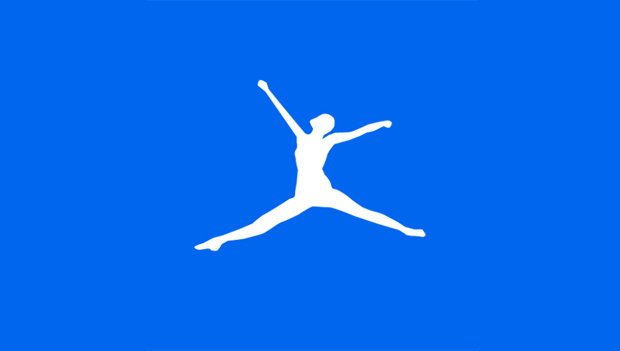
MyFitnessPal is all about mindful eating, creating an easy and intuitive interface through which you can catalog the foods you consume throughout the day. It's great for nutrition but also surprisingly helpful for allowing you to monitor your water intake. If you're looking to increase your daily hydration, this app will provide you with the metrics, motivation, and support you need. It also pairs well with more exercise-focused apps.
What We Like
- Great for logging nutrition and hydration
- Free trial
- Easy, intuitive interface
- Options to save favorite meals and recipes
What We Don't Like
- Takes some time to log your intake each day
- Works best if you have a Fitbit or something similar
BUY: MyFitnessPal
Best Health App for Workouts - Fitbit
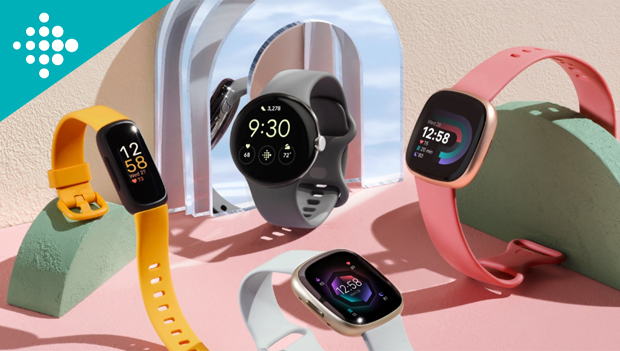
If you have a smartwatch and you'd like to keep up with your workout progress, the Fitbit app is a great place to start. This is one of the best activity trackers out there with countless options to glean actionable insights from each walk, run, swim, or trip to the gym. The simple, easy-to-use interface makes this a great complement to almost any lifestyle.
What We Like
- Simple, intuitive interface
- Easy-to-read metrics and reports
- Works well with any type of workout
- Most Fitbit devices will come with a free membership
What We Don't Like
- Best-suited for Fitbit users
- Only useful if you're consistent about your workouts
Best Health App for Nutrition - Noom
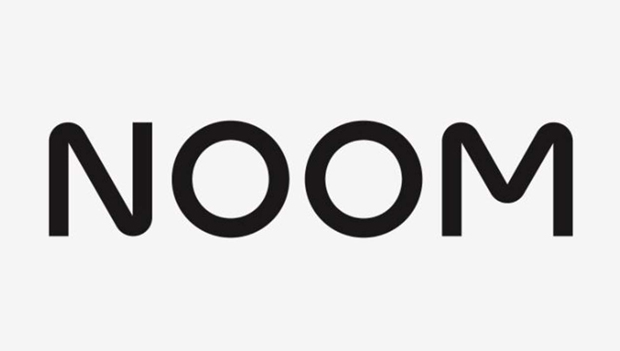
You probably know the old saying: You are what you eat. The Noom app takes that saying pretty seriously, allowing you to break down all of the ways in which your daily nutrient intake affects physical, mental, and emotional wellbeing. This is a great app for anyone who wants to be more mindful in their eating, emphasizing sustainable lifelong change over flash-in-the-pan dieting.
What We Like
- Encourages mindful eating
- Focused on sustainable change
- Easy-to-use interface
What We Don't Like
- Higher price point
- Requires some time to set up your personal profile, then to log daily activity
BUY: Noom
Read our full Noom review.
Best Health App for Walking - Map My Walk
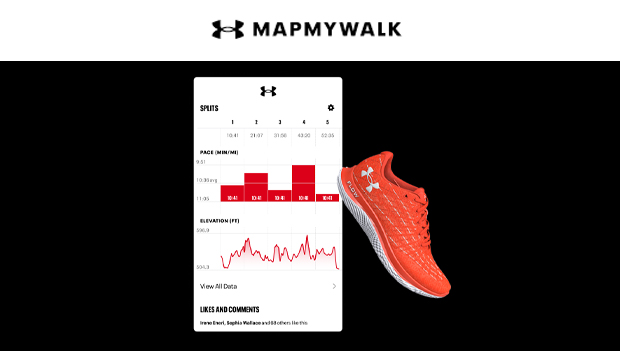
Do you look forward to your daily stroll? Map My Walk is a great app for anyone who likes taking treks through their neighborhood, through local parks, or through nearby hiking trails. The app not only helps you find the best walking routes in your area, but it also keeps records of each journey, providing you with a useful log of all your ambulatory activity.
What We Like
- Find routes near you
- Keep track of your personal data
- Simple, easy-to-use interface
What We Don't Like
- Not recommended if you're seeking a more comprehensive fitness tracker
- Not recommended if you're hoping to set a personal weight-loss goal
BUY: Map My Walk
Best Health App for Running - Runkeeper
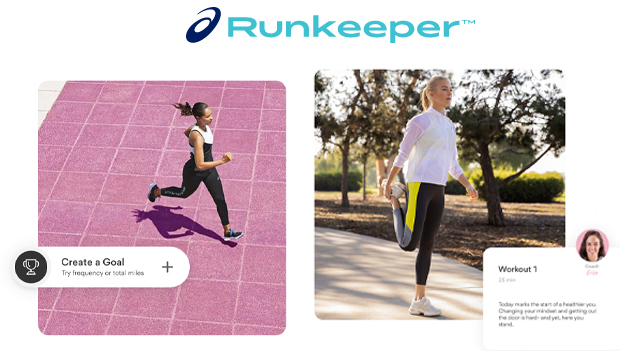
Runkeeper is the best health app for anyone who's looking to get stronger as a runner. Not only will this app allow you to monitor your runs and keep track of your personal data, but you can also connect with coaches or with other runners for guidance, encouragement, and support. Set a goal, develop a personal running plan, then use GPS to track your activity; this app lets you do all of that and more, making it a must-have for runners everywhere.
What We Like
- Highly customizable and goal-focused
- Excellent breadth of data and analytics
- Connect with coaches for support or just for tips
What We Don't Like
- Tracking runs really eats through your device's battery life
- Premium account required for best features
What to Look for in a Health App
As you look for the best health app, there are a few considerations to keep top-of-mind.
- First and foremost, you'll want an app that helps you achieve your particular objectives. Take stock of your personal health and wellness goals before you visit the App Store.
- The best health apps are evidence-based. In other words, they provide you with actual data and metrics that you can use to tweak your habits and behavior.
- Health apps won't do you much good if they're too complicated or cumbersome to use. Make sure you get an app with a simple, intuitive interface.
- Finally, be sure the app you select fits your budget. Most health apps are free to download, but may require you to make in-app purchases to get the best experience.
FAQs About Health Apps
Do health apps actually work?
Health apps that provide actionable data can be very effective in improving your health and wellness, so long as you use them consistently and appropriately.
How do you track vitamins and minerals?
Nutrition-based apps, such as Noom, can be invaluable tools for keeping an inventory of your vitamin and mineral intake.
How many health apps do people use?
According to some national polls, about 3 out of 10 U.S. adults have at least one health-related app on their mobile device.
Why do people use health apps?
People use health apps for a variety of reasons, including to improve mental health, to monitor nutrient intake, and to track their workouts. The biggest reason why people use health apps is to help them lose weight and get into better shape.


